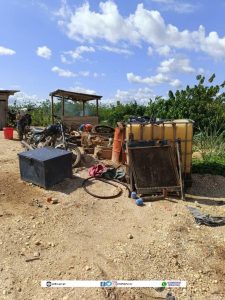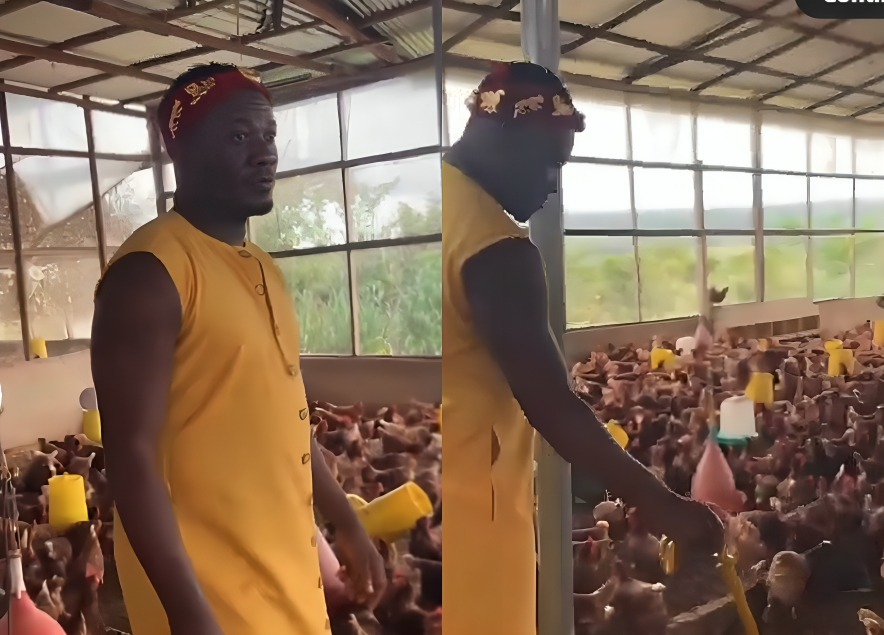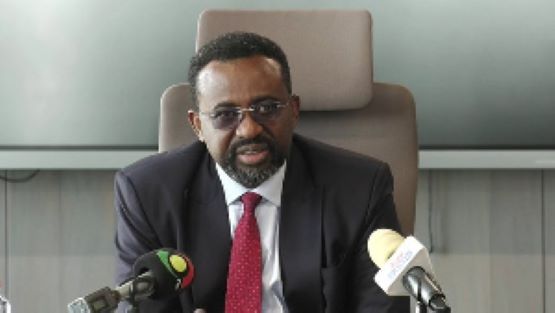
The 2023 Annual household Income and Expenditure Survey (AHIES) by the Ghana Statistical Service (GSS) revealed that as of the third quarter of 2023, 1.9 million youth aged 15 to 35 years were not in education, employment or training (NEET).
The GSS highlighted this in its press release issued on Monday, July 15 to commemorate the World Youth Skills Day.
Out of this, the number of females recorded were 1.2 million, a predominant figure compared to the males who were 715,691.
The GSS said one in every three youth who was not employed, educated or trained resided in the Greater Accra Region.
Greater Accra Region recorded the highest number of youths not employed, educated or trained with over half a million coming from the region – 565,360.
The Ashanti Region was next with 352,503 youth NEET, Central Region followed with 155, 171, Eastern Region also recorded 143, 601 and Western Regions with the least number, 137, 865.
The report said the youth NEET rate for females (21%) was six percentage points higher than for males which is 15%.
“Greater Accra had the highest NEET rate with a little over a quarter (26.9%) of the population 15 to 35 years not engaged in education, employment, or training. North East Region (19.5%) had the second highest rate with about one in five youth NEET,” GSS said.
All the regions recorded double rates for youth NNET rate except Bono East which had 8.3%. However, the NEET rate was higher for youth in urban areas (20.6%) than for rural residents (15%).
GSS said in comparing the youth NEET rate within the same period to that of 2022, the percentage fell by 5.9% from 24.1 % in the third quarter of 2022 to 18.2% in 2023.
“In all, the total number of youth NEET decreased by almost half a million (462,998) over the period. Between the third quarters of 2022 and 2023, the percentage of youth NEET declined in all regions except Greater Accra which experienced a marginal increase of 0.5 percentage points,” the report added.
Greater Accra was the only region to record increases in youth NEET for both males and females between Q3 2022 and Q3 2023.
In the other 15 regions, youth NEET declined for both males and females except for Western which recorded a divergent trend by sex: a 5.9 percentage point decrease for males and a 0.3 percentage point increase for females.
The 2024 World Youth Skills Day, with the theme, “Youth Skills for Peace and Development” highlighted the need for targeted interventions to address the disparities in education, employment, and training opportunities for young people in Ghana.
The post Almost 2 million youth are not in education, employment or training – GSS first appeared on 3News.
Read Full Story



















Facebook
Twitter
Pinterest
Instagram
Google+
YouTube
LinkedIn
RSS